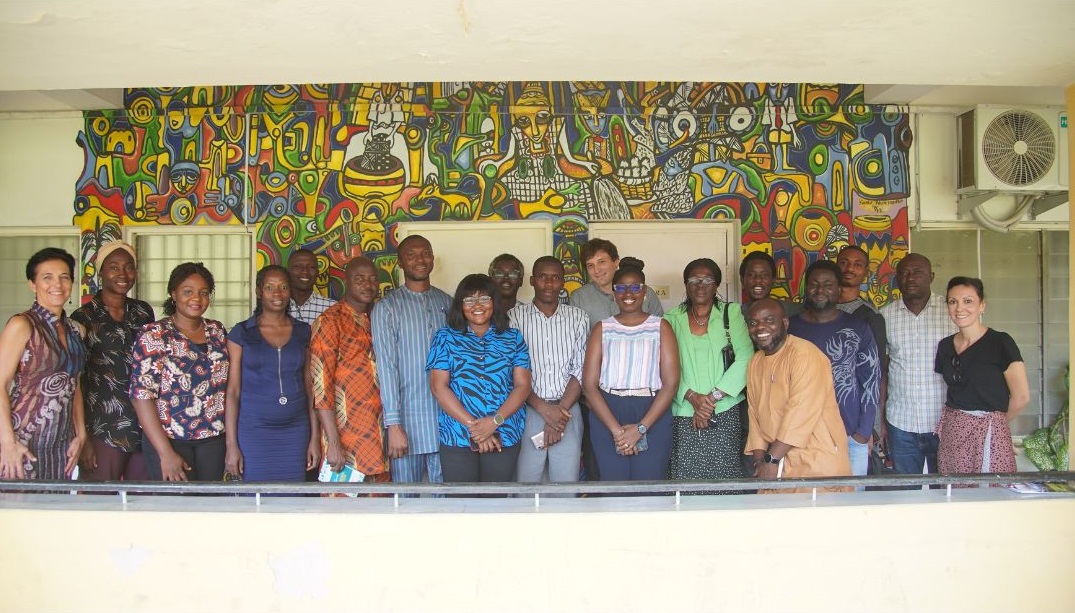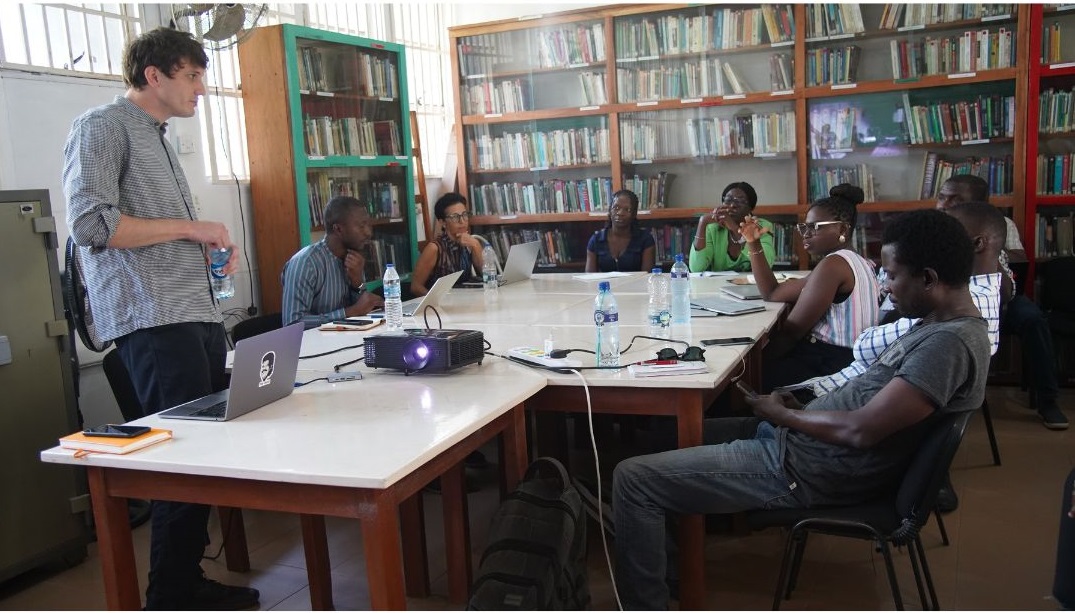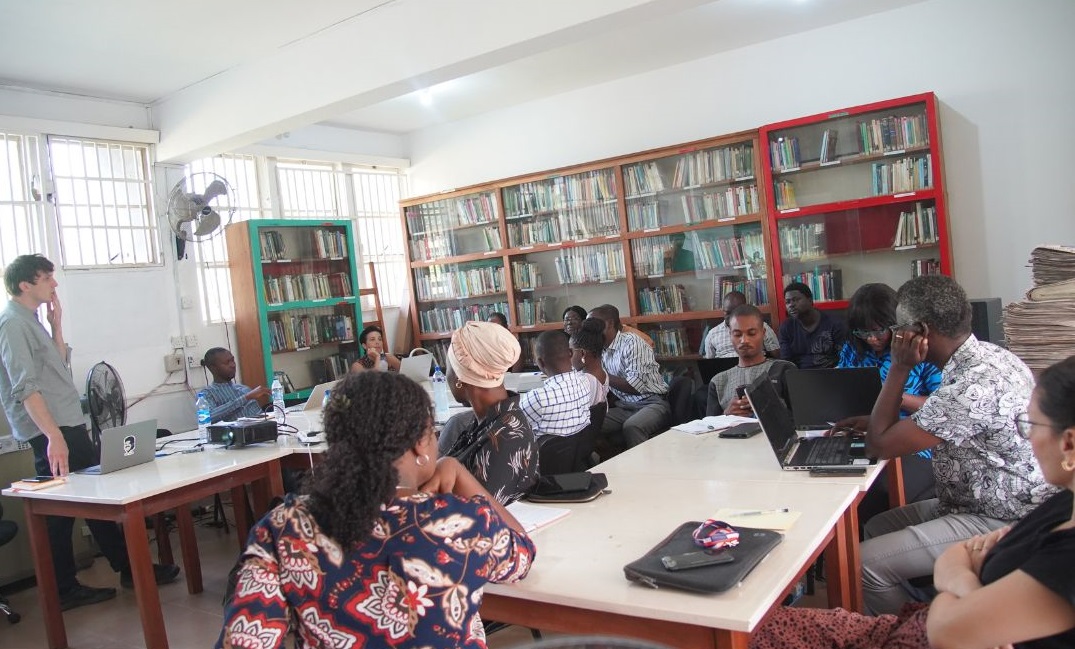Methodological Seminar with Dr. Côme Salvaire
 On 21 November 2024, Dr. Côme Salvaire, a researcher at Sciences Po Bordeaux & Research Institute for Sustainable Development, presented a methodological seminar titled: “What is a Case Study Good for?”, illustrating the logic of case study research with the results of an ethnographic study conducted from 2015 to 2024 around a garbage dump in Mushin, Lagos.
On 21 November 2024, Dr. Côme Salvaire, a researcher at Sciences Po Bordeaux & Research Institute for Sustainable Development, presented a methodological seminar titled: “What is a Case Study Good for?”, illustrating the logic of case study research with the results of an ethnographic study conducted from 2015 to 2024 around a garbage dump in Mushin, Lagos.
In this seminar, Dr Côme Salvaire delved into the logic and methodology of qualitative, case study research, addressing key challenges faced by students conducting qualitative analysis, including representativeness, generalization, and causation. Central questions included: What can be learned from a specific case? How can it be connected to broader social contexts?
Dr Salvaire began by recognizing that qualitative case studies are not designed for generating statistical inferences: the empirical realities of a case studied in depth will always fall short of the criterion of representativeness. However, this limitation is not a flaw but a feature. Case studies offer alternative ways to connect findings to the wider world, often by embedding the case in a broader historical and socio-political context. For instance, the seminar discussed the extended case study method using the case of an informal waste dump in Lagos. This dump’s emergence and persistence were linked not only to local factors but also to global economic shifts and Nigeria’s political transformations over the last 40 years.
 Dr Salvaire also addressed the issue of causation in qualitative research. Unlike quantitative studies that emphasize average effects, qualitative case studies focus on causal pathways and mechanisms. They enable in-depth exploration of how various factors interact in specific contexts. For the Lagos dumpsite, two analyses illustrated this approach. The first examined how factional struggles among politicians and local street lords during the 2010s concentrated environmental suffering in the neighbourhood. The second highlighted how waste played a pivotal role in establishing an “alternative sovereignty” in the area, sustaining social and political dynamics over a decade.
Dr Salvaire also addressed the issue of causation in qualitative research. Unlike quantitative studies that emphasize average effects, qualitative case studies focus on causal pathways and mechanisms. They enable in-depth exploration of how various factors interact in specific contexts. For the Lagos dumpsite, two analyses illustrated this approach. The first examined how factional struggles among politicians and local street lords during the 2010s concentrated environmental suffering in the neighbourhood. The second highlighted how waste played a pivotal role in establishing an “alternative sovereignty” in the area, sustaining social and political dynamics over a decade.
Dr Salvaire concluded the session by emphasizing the value of in-depth case study research in uncovering complex causal mechanisms and situating localized phenomena within broader, interconnected realities. This approach not only enriches our understanding of specific cases but also enhances their relevance to global and historical contexts.


Social Media
Mailing List